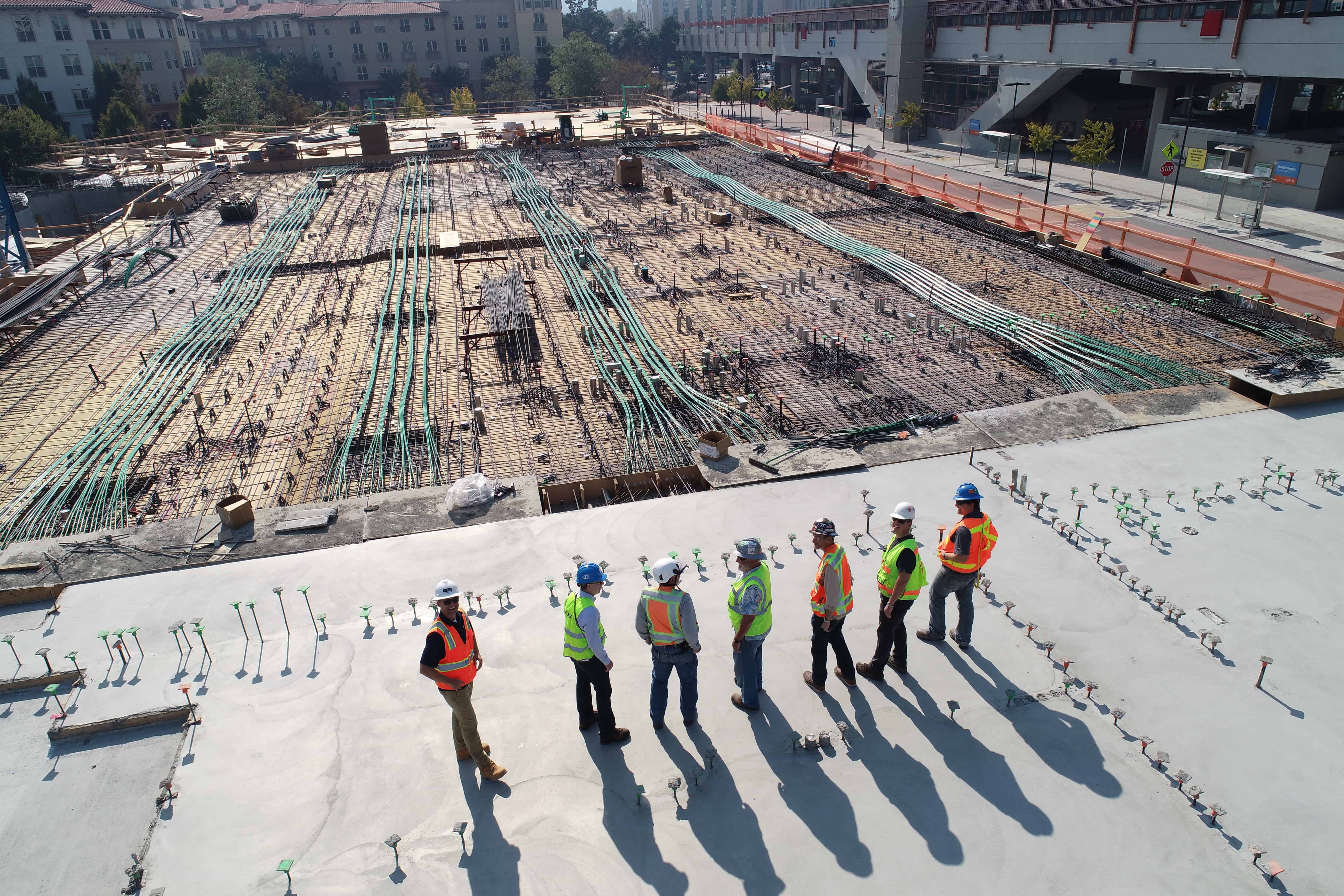Buying a property is part of the life plan for many people; a plan that incorporates the hopes, life-long dreams, and wishes of many families, along with it being an important financial investment. For some, there are expectations to live closer to your workplace or to the beach. For others, the goal is to live in a nice place for your children to grow up that has all the amenities to help you enjoy your life.
In Costa Rica, there have been many real estate projects which have been developed in recent years, such as horizontal or vertical condominiums in residential zones and houses in urban and rural environments.
Most of these projects begin selling the houses and apartments even before the construction has even begun, sometimes even without the proper construction permits and surveys. For this reason, the Statute Consumers Protection (Law No. 7472) establishes an obligation to the companies offering this type of real estate projects to the public.
All developers and construction companies must be registered with the Department of Commerce (MEIC) before they start offering to the public the projects that will be built. These companies also must register the model of contract they will be using for the reservation of each unit, as well as the purchase agreements between the consumers and the construction companies.
Nonetheless, some of these companies start offering their services and units without being authorized to do so, putting people’s assets at a great risk with the possibility of losing all their investments. Last year, a criminal procedure started against a developer who offered five different projects, and he is now in jail and liable for estimated damages of up to $1 million.
For this reason, we provide a few important recommendations before investing in a property that has not been built yet:
- Look for references of the construction company or the developer in order to evaluate their construction projects.
- Ask for the plans and surveys duly authorized by the Association of Engineers and Architects.
- Make sure that the developer is properly enrolled before the “MEIC” as a construction and selling agency.
- Verify with “MEIC” if the project has been registered as a term sale.
- Request the permits issued by the Municipalities, the Tax Authorities, the Ministry of Health, and the Technical Environmental Secretary, among others.
In addition, in order to avoid entering into an abusive agreement, we highly recommend having your trusted attorney review the Purchase Agreement and any previous contracts, as there may be some clauses that could exclude the possibility to file a claim against the company in the Judicial Courts.
By completing thorough due diligence prior to signing any purchase agreement, you can protect yourself against unforeseen risks, unscrupulous sellers, and future legal nightmares. Considering that purchasing a new home is likely to be one of the biggest investments you’ll make in the course of your life, completing the recommended investigations into the legitimacy of the developer and their compliance with Costa Rica law is a relatively small investment for your peace of mind.
Maria Jose Corrales is a Real Estate Attorney at Outlier Legal Services. You can read more of her writing and articles by other attorneys and staff at news.outlierlegal.com.
Outlier Legal is experienced in negotiating with development companies to alleviate the risks outlined in this article on behalf of our clients. Call 2103-4213 or visit outlierlegal.com for more information.






